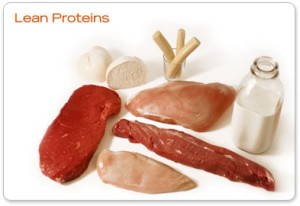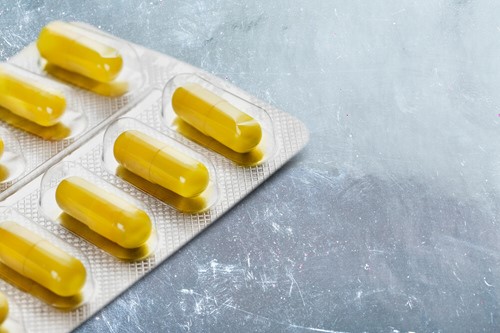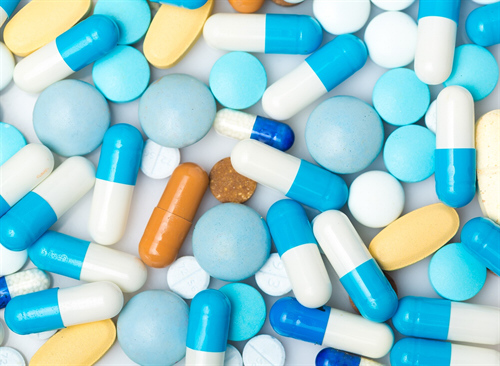Preparing for Weight Loss Surgery: Stages from One Month to One Day Before
“Preparing for Weight Loss Surgery”

Preparing for Weight Loss Surgery, any type of surgery is a serious procedure that carries certain risks, and proper preparation is essential for a successful outcome.
Stage “1 month before” Weight Loss Surgery. This is what you should do:
- Stop smoking.
- Stop drinking alcohol (any kind), as it may cause bleeding during or after surgery.
- Stop all carbonated beverages.
- Stop all beverages with caffeine (you may drink decaffeinated coffee for an easier transition to no coffee at all a week prior to surgery).
- Discuss with your physician a routine exercise program suitable for your health condition. Patients with cardiovascular diseases are not required to exercise. Otherwise, start walking for 30 minutes daily.
- Practice chewing.
- Begin the practice of not drinking with your meals and not drinking with a straw.
- Start consuming more protein and less carbohydrates.
Stage “14 days before”. This is what you should do:
- For BMI less than 50 start a protein pre-op diet as guided by your physician. For BMI over 50 start this diet 3 weeks prior to surgery or as indicated by your physician.
- Drink at least 2 L (or 64 oz.) of water a day.
- Stop drinking 30 minutes before you eat and do not drink again until 30 minutes after you eat. This will be a requirement following your surgical procedure and needs to become a lifetime habit.
- Drink protein supplements at least 40 g a day. Use any prepared canned or powdered protein drink. You may purchase these in any health food store or many grocery stores. Please be sure it contains at least 15 grams of protein per serving and is low in sugar.
The purpose of the protein pre-op diet is to shrink your fatty liver, thus providing your surgeon a better access to the stomach during the procedure; no need creating additional incisions; to decrease surgery time and anesthesia duration accordingly; to promote better and faster recovery, as well as preparing a patient mentally and emotionally to a different life style, small food portions, and healthy nutritional choices.

Stage “7 days before”. This is what you should do:
Stop taking herbal medications, pregnancy preventive medications, Aspirin, Advil, Nuprin, Aleve, or any other non-steroidal anti-inflammatory medication for 7 days prior to surgery. These medications cause unnecessary bleeding during and after surgery. This includes Baby Aspirin and most arthritis medications. If you are not sure, please check with your physician. For headaches or minor pains, you may use Tylenol. You may restart these medications the next day after surgery.
Stage “3 days before”. This is what you should do:
1. After careful observation of many patients and their following the pre-op diet we came to the conclusion that the full liquid diet stage should be extended from one to three days before surgery. During this stage your food and beverage choices include: Greek yoghurt, protein shakes, low fat milk, chicken/beef/vegetable broth, juices without fruit pulp, herbal/fruit tea, sugar-free Jell-O, all kinds of sugar-free electrolyte fluids (Gatorade/PowerAde etc.), water, water and water!
2. Stop drinking any type of fluids at midnight the day before or at least 8 hours prior to the surgery.
The purpose of the full liquid diet stage is to cleanse your stomach pouch from any kinds of solids, to reduce the amount of stomach acid produced, thus decreasing chances of having heart burn issue after surgery; giving your stomach a rest which helps to decrease stomach pouch swollenness during the first days of recovery.

For Same-Day Vertical Sleeve or RNY Bypass Surgery:
- All of the above applies. Stay on a full liquid diet 3 days before and arrive on an empty stomach on the day of surgery.
- Wear compression stockings during your flight.
- Make arrangements to arrive by 12 pm the day of the surgery.
For Gastric Bypass/Mini Bypass Surgery. This is what you should do 2 days before surgery:
- Take a laxative (any laxative that you usually use).
- Take only clear liquids after that. This consists of broth, sugar-free Jell-O, juice, Gatorade, and any other clear, or see-through, liquid.
Stage “The Big Day”. This is what you should do:
- Do not drink or eat anything, unless you need to take heart, blood pressure, or anxiety/antidepressant medication as indicated by your physician.
- You may brush your teeth normally.
- You may have a few sips of water right after you wake up to moisten your mouth.
- Take off all jewelry and contact lenses.
And the last but not the least: relax and trust your doctors! You are in good hands!
Dr. Francisco Zavalza
Bariatric Surgeon
Written by Go Light Bariatrics
More From This Category
Left-Side Pain After Bariatric Surgery
Sharp stabbing pain under the left rib cage is very common at later recovery stages (even 6+ months post-op). This type of pain that takes your breath away is often described by our patients as if someone were stabbing their left side with a knife.
Left Shoulder Pain After Gastric Sleeve or Gastric Bypass Surgery
Manage post-surgery left shoulder pain effectively. Discover causes & effective solutions for gastric sleeve and gastric bypass patients.
Painkillers and anti-inflammatories, acceptable options after weight loss surgery
Painkillers and anti-inflammatories, acceptable options after weight loss surgery " Read More "Always consult with a medical professional before using any medication" After any type of bariatric weight loss surgery, there are certain limitations regarding painkillers and anti-inflammatory medications that can be safely used without damaging your small new stomach.…
Additional Medications Frequently Prescribed Post-Op
Additional Medications Frequently Prescribed Post-Op " Read More "Not all the medications are prescribed to every patient, we simply tried to prepare the most exhaustive list." Dear Patient, In response to frequent questions about additional medications that our medical team prescribes upon hospital discharge, we prepared the following information. Please…
What to Expect During Your Weight Loss Surgery Hospital Stay?
What to Expect During Your Weight Loss Surgery Hospital Stay? Read More "Learn what you can expect during your Weight Loss Surgery Journey from the moment you arrive until we say goodbye." Learn what you can expect during your Weight Loss Surgery Journey at Florence hospital stay from the moment you arrive until…






0 Comments